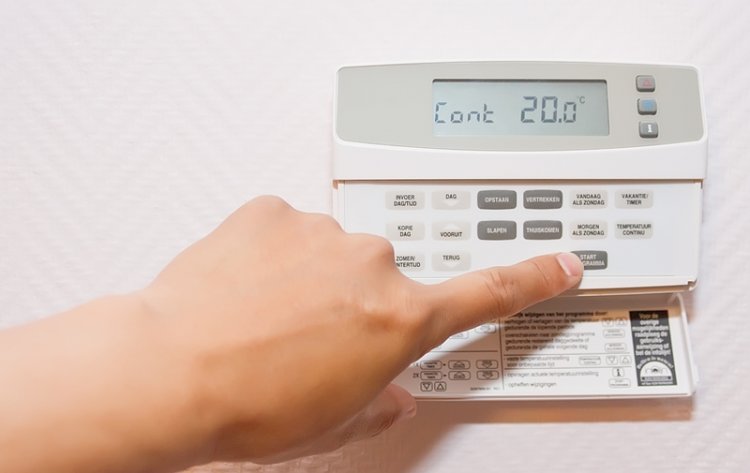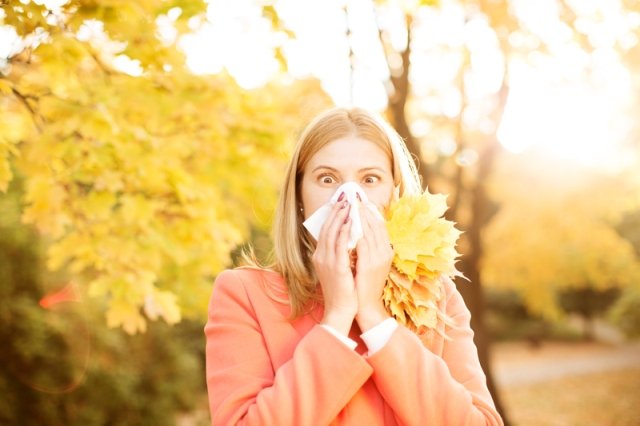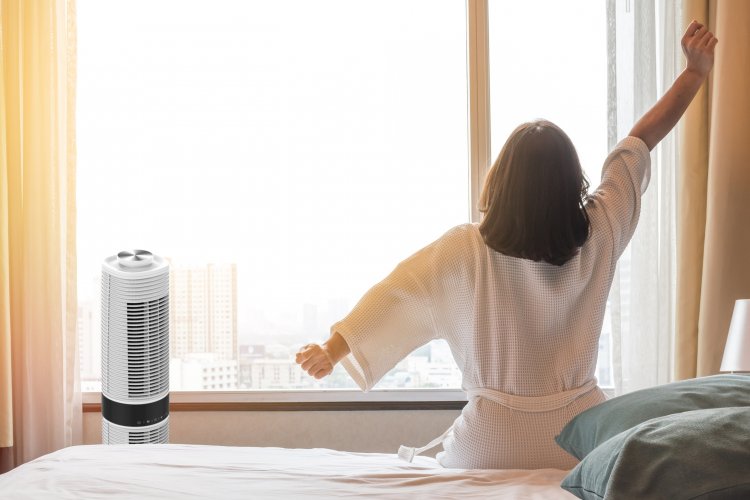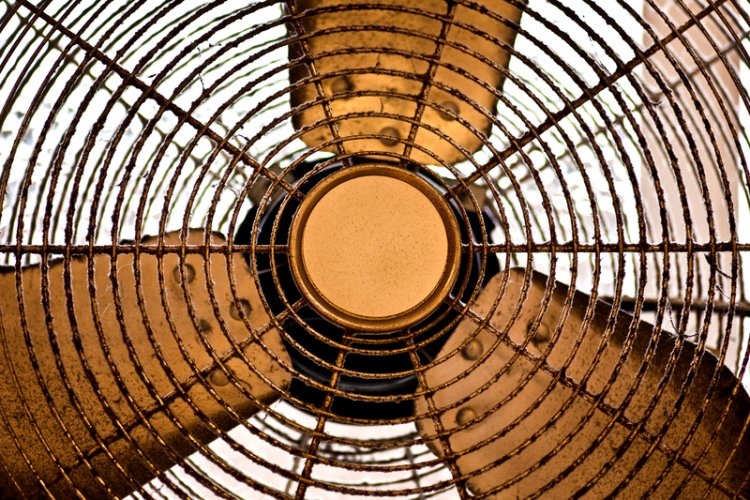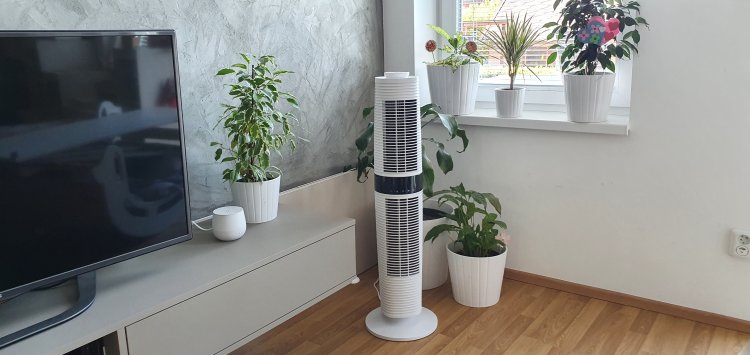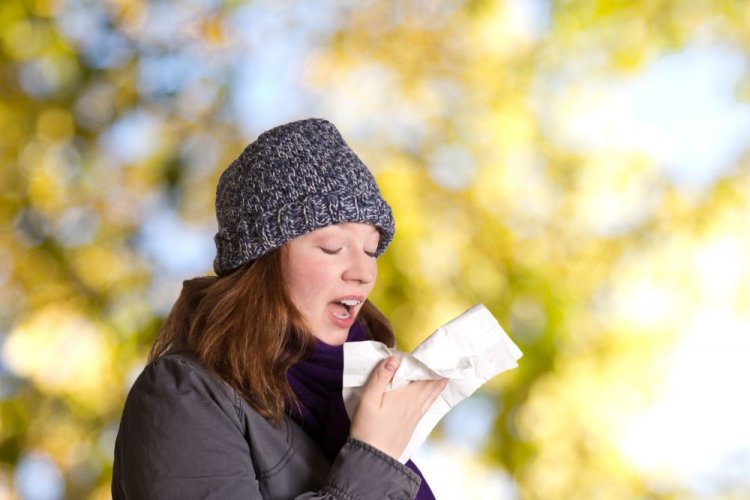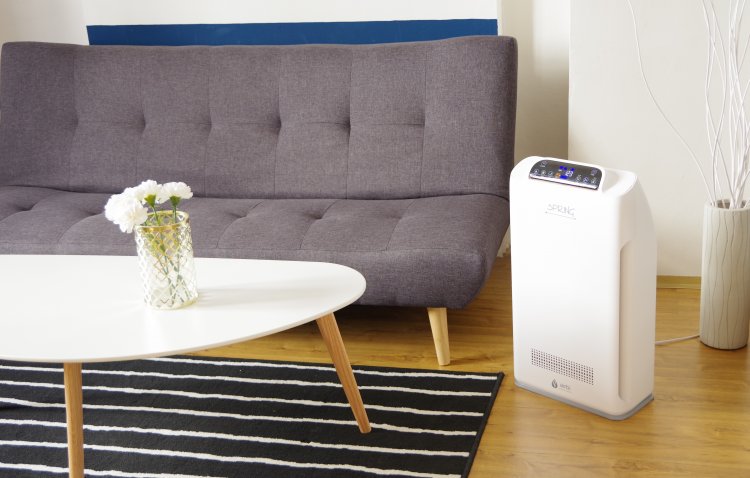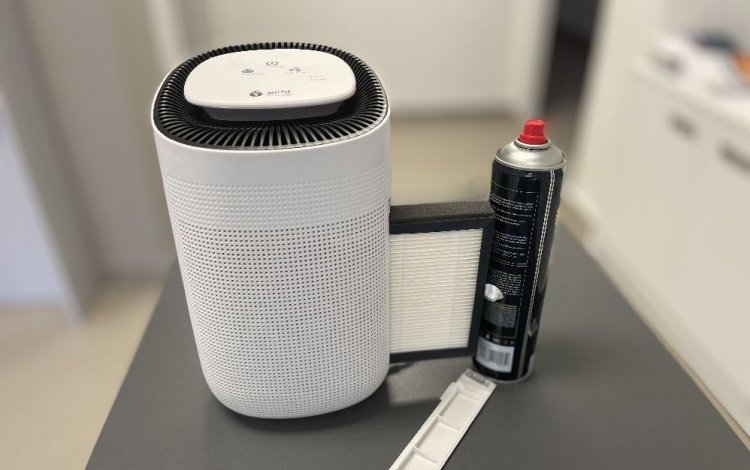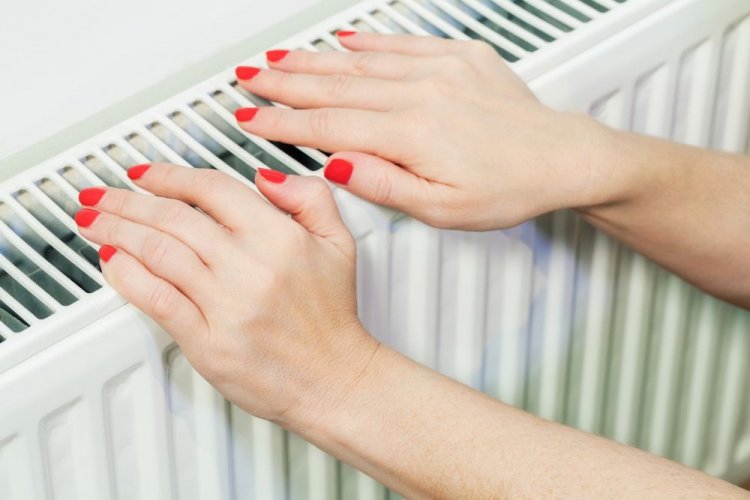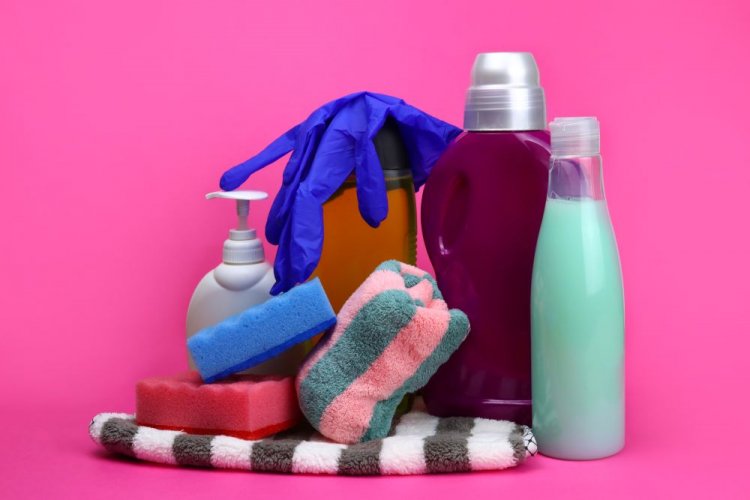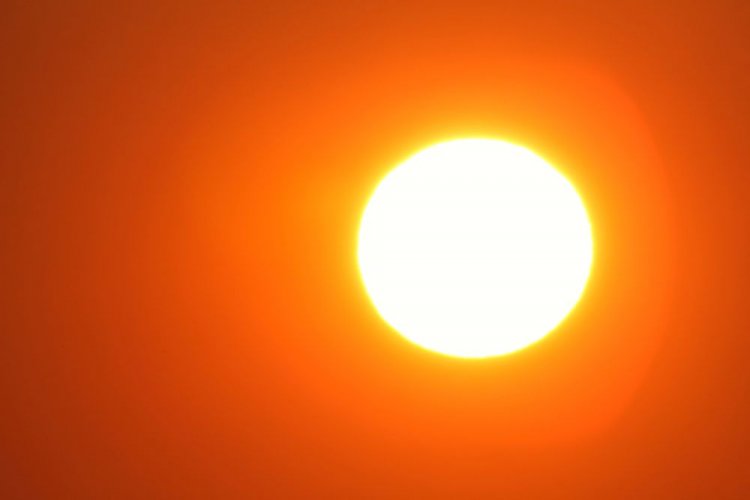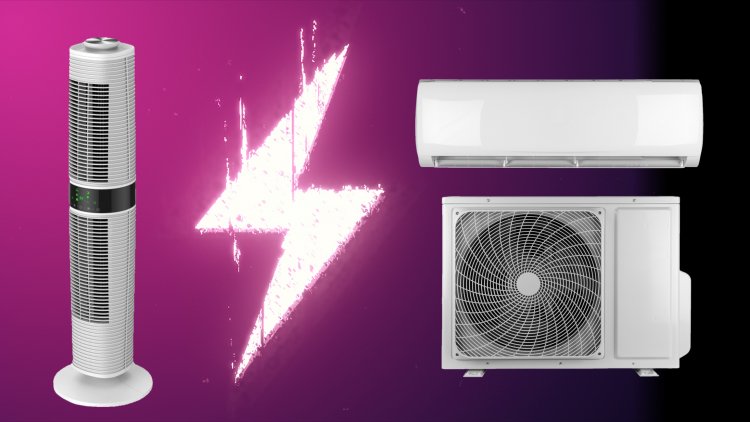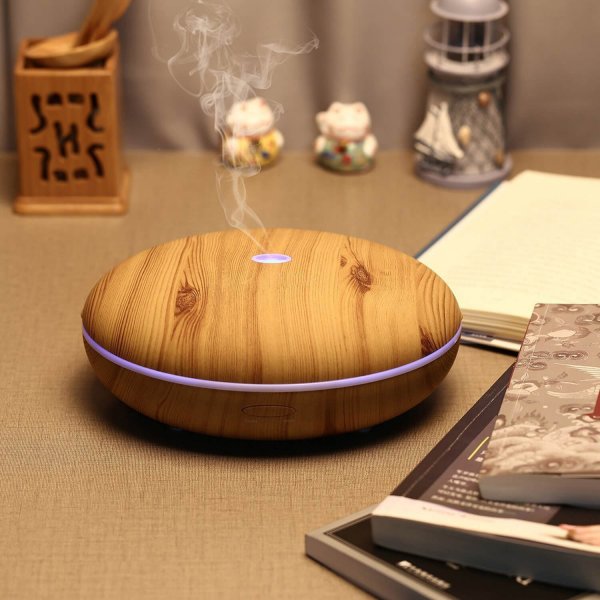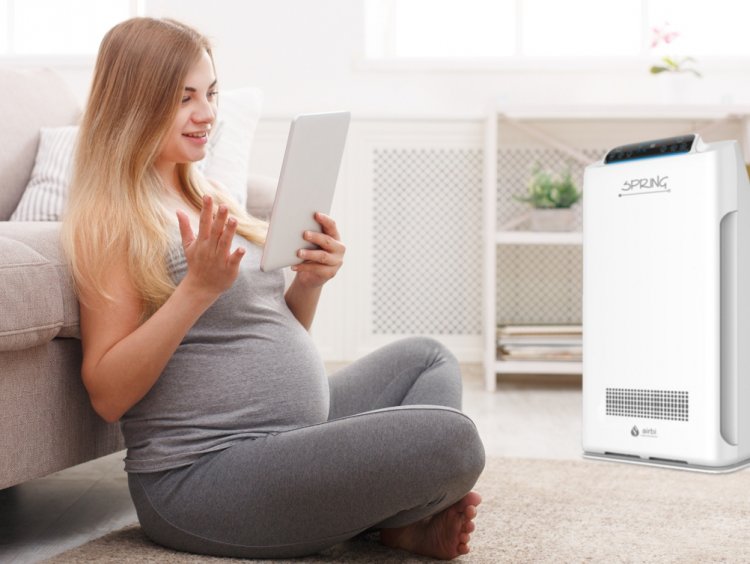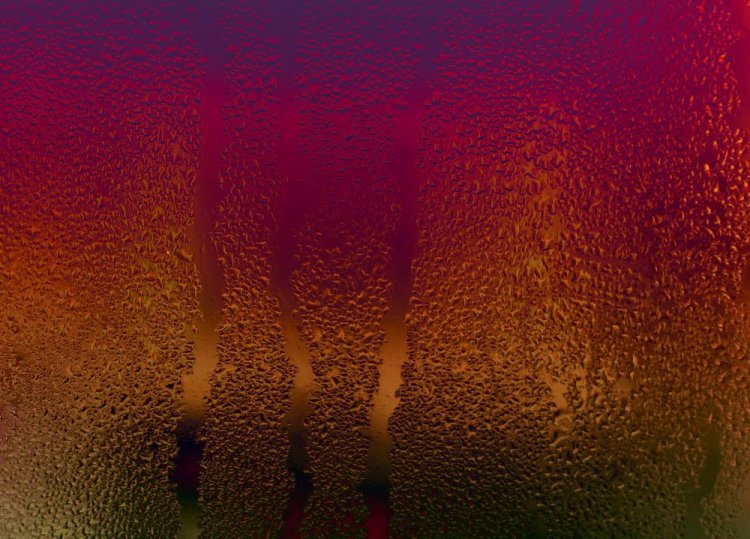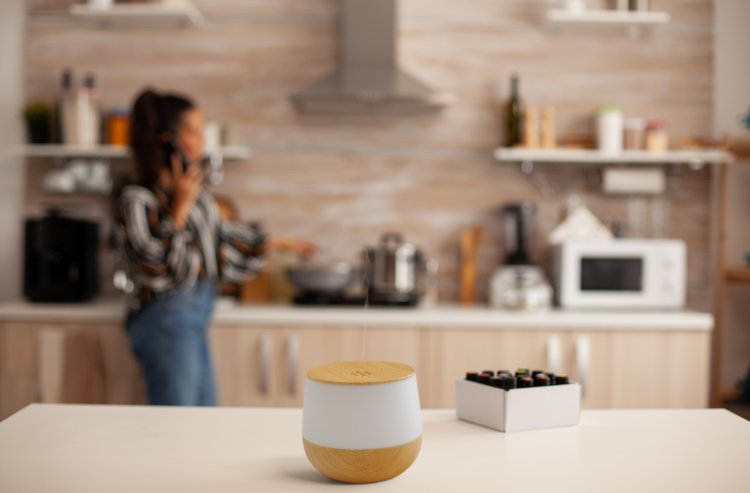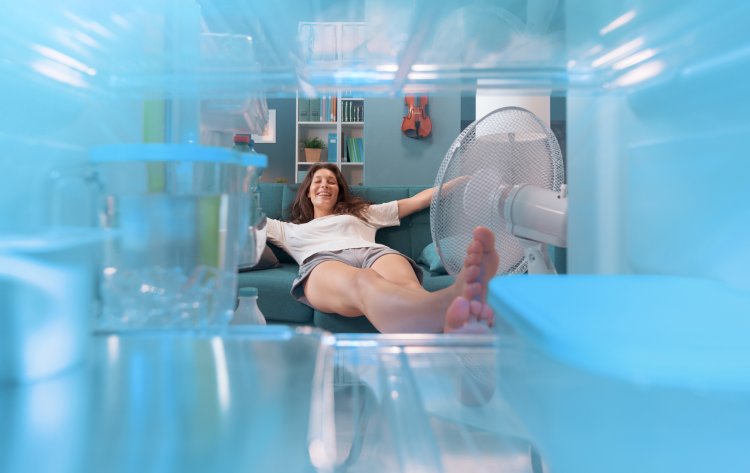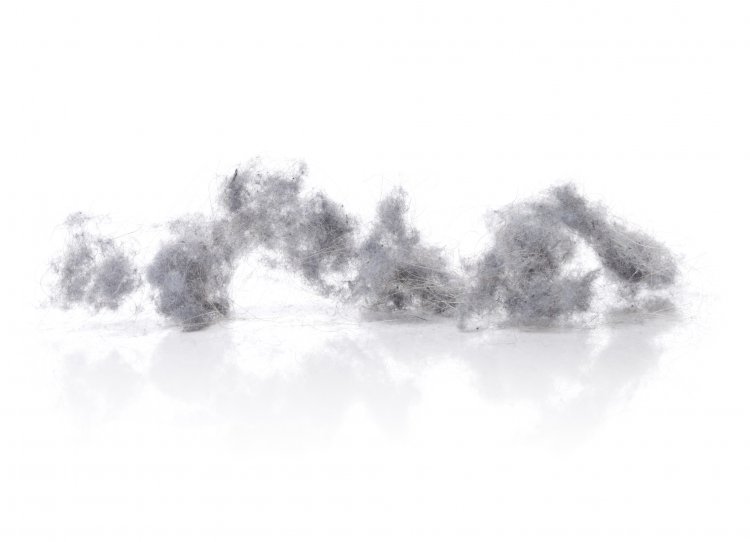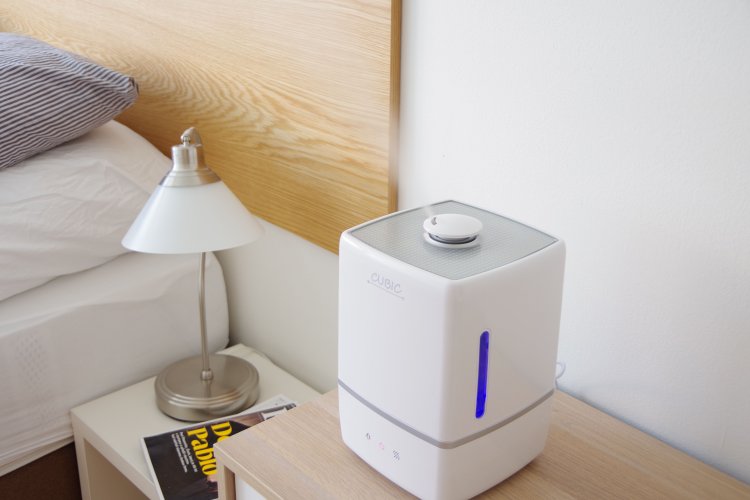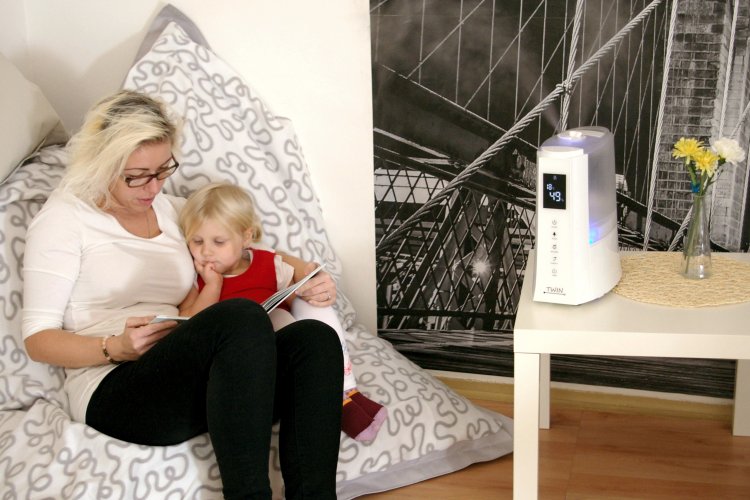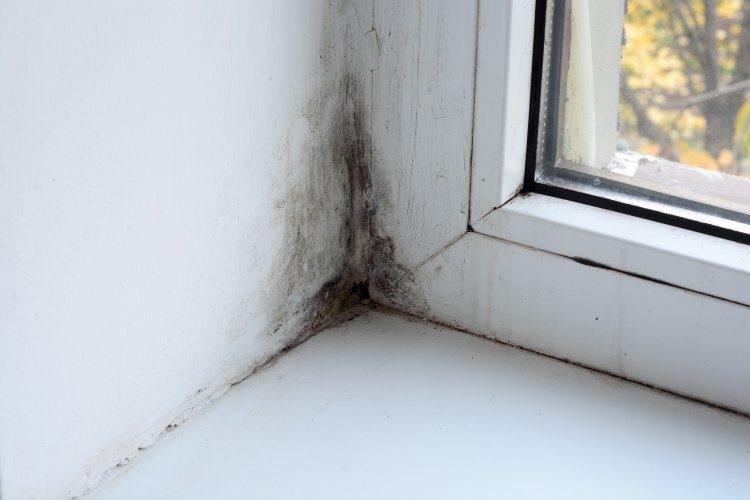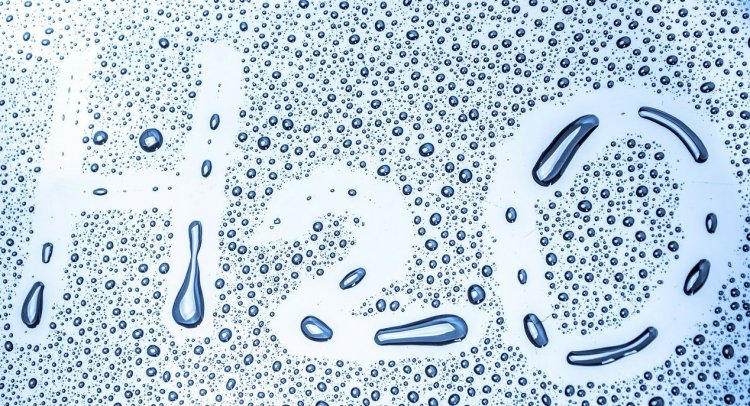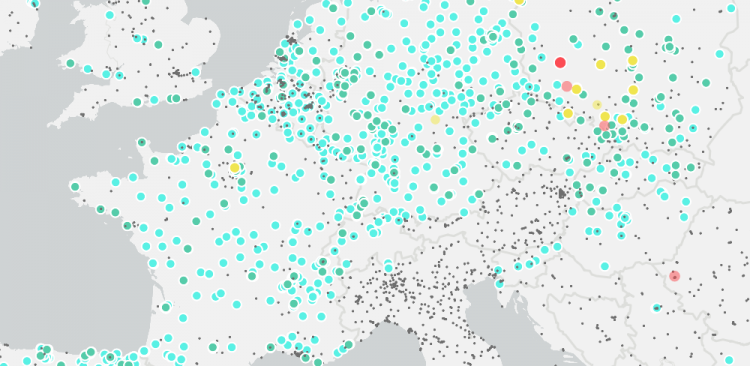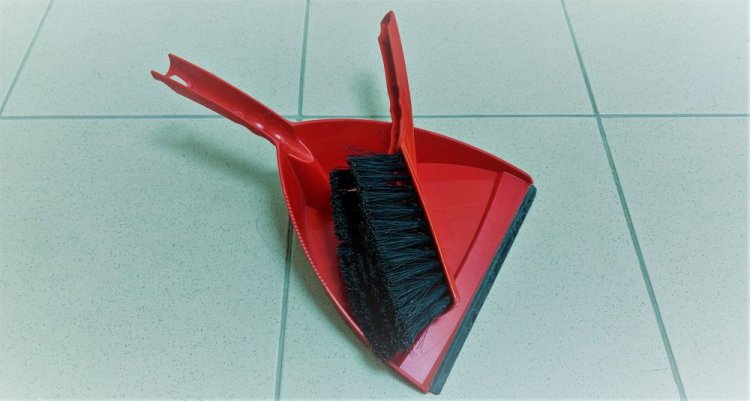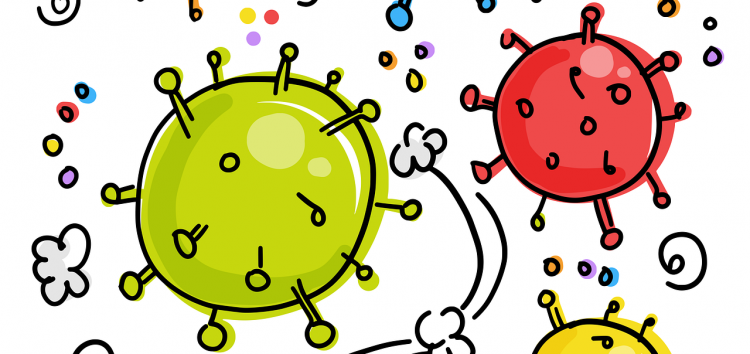

4 advantages (and 1 disadvantage) of desiccant dehumidifiers
Feb 20, 2025High humidity can be unpleasant. If you're choosing a dehumidifier, this brief overview of the advantages and disadvantages...
The air we breathe indoors is just as important as the air we breathe outdoors. But unfortunately, according to recent findings, the air in our homes is often clogged with impurities that can harm our health. Dirt can come from a variety of sources, including cleaning products, building materials and even our own daily activities. The most common are particulate matter, odours and gases, volatile organic compounds and micro-organisms. In our new series on indoor air pollutants, we take a closer look at these indoor air pollutants, including their sources and solutions to get rid of them.
In this episode, we take a look at particulate matter found in almost every household - dust, pollen and animal hair.
The term fly dust refers to microscopic particles in the air such as dust, pollen and animal hair. The size and nature of these particles can vary. They come from a variety of sources, including industrial emissions, construction sites, agriculture, and even natural sources such as dust storms or forest fires.

Dust particles are most commonly divided into two types: PM10 and PM2.5. PM10 particles are 10 micrometers or less in diameter and PM2.5 particles are 2.5 micrometers or less in diameter. PM2.5 particles are particularly dangerous because they are small enough to be inhaled deep into the lungs and cause serious health problems. Exposure to particulate matter can cause a number of health problems, including respiratory and cardiovascular disorders, lung cancer and premature mortality. In addition, it can worsen pre-existing health problems such as asthma and heart disease.

To reduce exposure to particulate matter, we recommend using air purifiers with a HEPA filter, which was developed specifically to protect against particulate matter. When choosing an air purifier, always consider carefully what class of HEPA filter it has. For filtration to be meaningful, the filter must be at least H11 class (capturing 95% of particles 0.3 micrometers in size). However, if you're serious about cleaning your air, we recommend an H13 HEPA filter with 99.95% efficiency. These filters, such as those in Airbi air purifiers, only let in 5 particles out of 10,000 and are a near-perfect shield against flying dust.
There are other ways to avoid inhaling dangerous particles:





